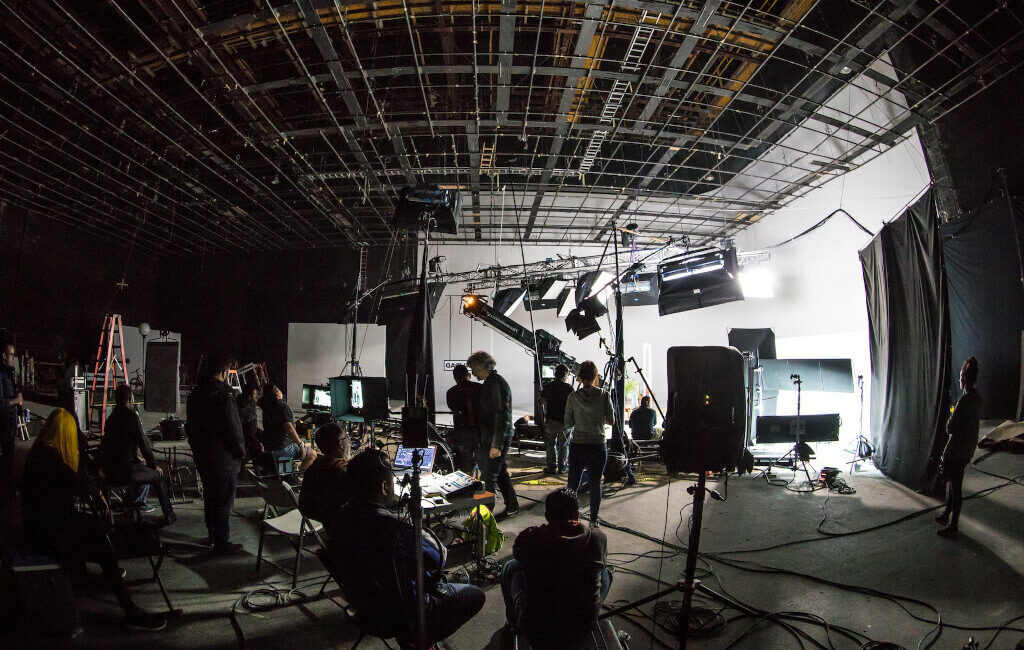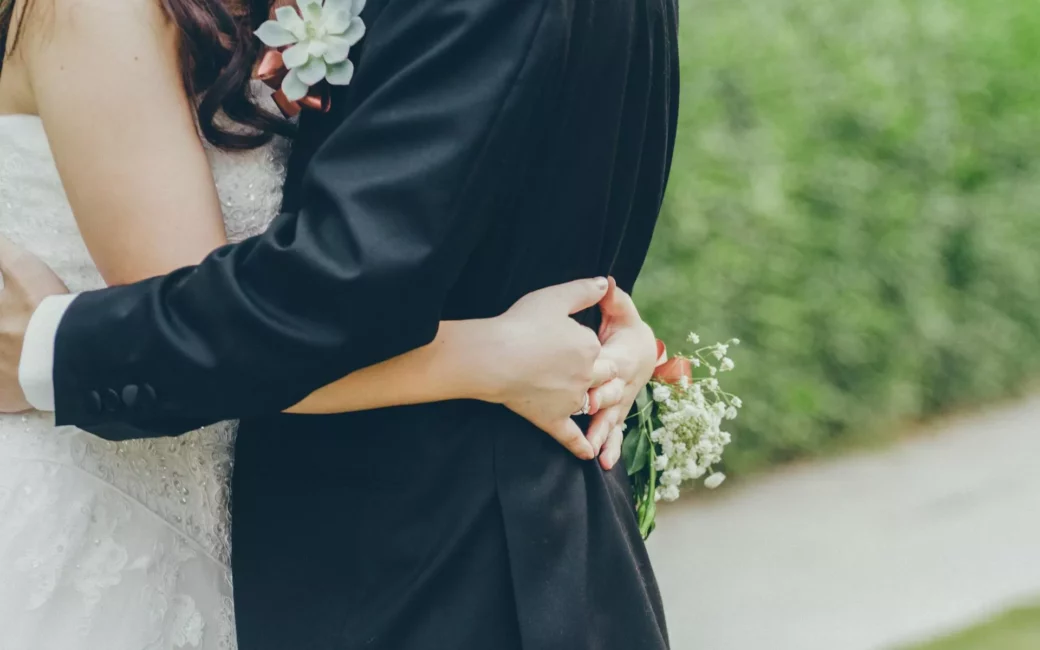The stress of being involved in the production of a film or television drama might hurt your mental health. Actors frequently labour late into the night and on the weekends to get everything ready. The pressure to provide your finest performance in every scene can be overwhelming. Furthermore, actors are human, and they too can […]
Continue readingCategory: Production
What to Look for When Hiring a Wedding Photographer
Planning your wedding is incredibly exciting. Bringing together all the people you love and making your dream day a reality is a surreal experience. Amidst the fun, choosing the right vendors can be daunting, especially when it comes to hiring a wedding photographer. Investing in someone to capture your day requires careful consideration. The anticipation […]
Continue reading
